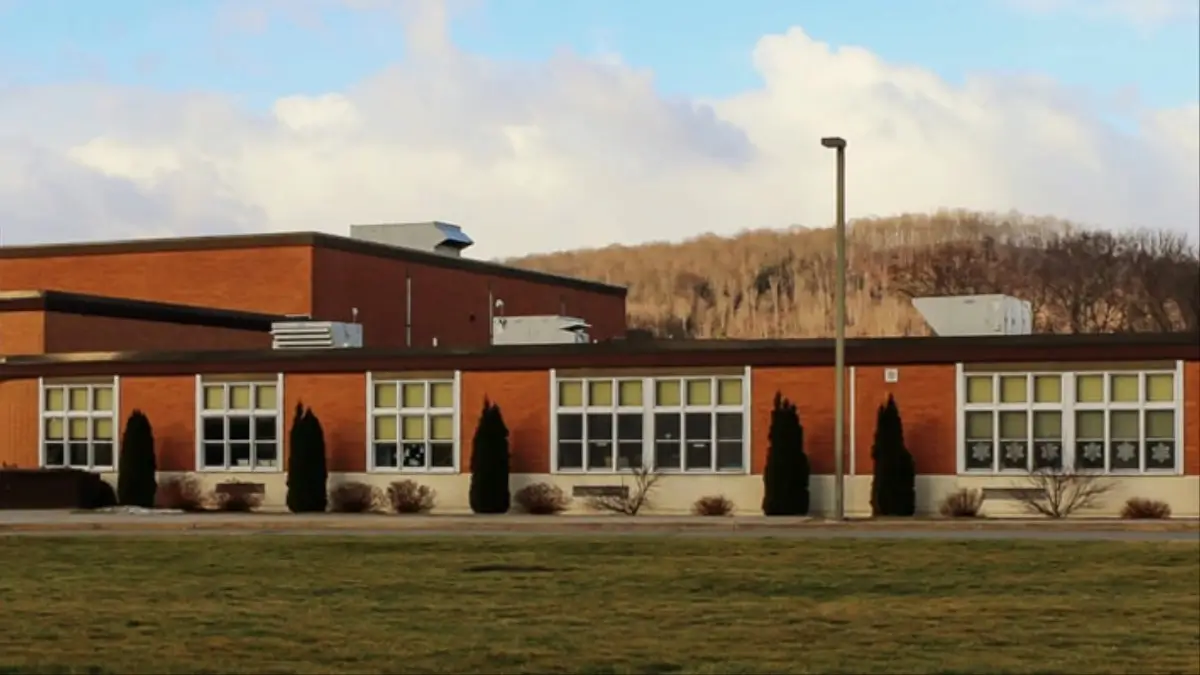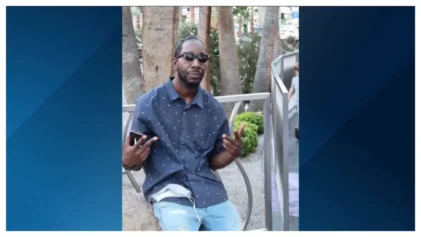A white educator at a rural New York public school is accused of inquiring about the fair complexions of two light-skinned Black students, asking each — in front of the entire class — if they were “purebred Black,” as revealed in a shocking lawsuit obtained by The Independent.
The incident occurred during an afternoon study hall in February. The students involved, named in court documents as D.C. and T.B., along with their parents, “identify as members of the African-American race.”
According to the lawsuit, Monique-Gale Messina, the teacher at Eldred Junior Senior High School in Sullivan County, also questioned the texture of the teens’ hair, according to the lawsuit, which was filed in New York State Supreme Court last month before being moved to White Plains federal court on Tuesday.

In response to the allegations, District Superintendent Traci Ferreira said Messina couldn’t possibly be racist “because… she ate tacos” — meaning she was a member of the LGBTQ community.
The two students in question were in the 9th and 11th grades when the alleged encounter happened.
According to the lawsuit, D.C. and T.B. have sought mental health counseling to cope with the aftermath of the incident. Their families, now relocated to Pennsylvania, have faced significant costs in the move. They are seeking damages, with the amount to be decided at trial.
At the time of the incident, for reasons unknown to the students, Messina began questioning them about their bright skin tones and hair texture, as well as whether each of the students was “a ‘pure-bred’ Black,” according to the lawsuit.
The kids reported the incident to the school district, which initiated an investigation, the lawsuit states. The probe found that Messina had “engaged in an inappropriate and racially discriminatory conversation, using discriminatory language and statements,” in violation of the state’s Dignity for All Students Act.
The lawsuit further asserts that Superintendent Ferreira reached out to the victims’ parents, claiming the teacher was not prejudiced and that, to her knowledge, Messina “ate tacos” and identified as a member of the gay and lesbian community.
The lawsuit argues that, despite the clear and undeniable findings of misconduct, Messina was not removed from the school, and the district failed to take any action to shield D.C. and T.B. from further racial discrimination or unwarranted hostility.
The lawsuit claims the school district failed D.C. and T.B. by keeping Messina employed, arguing that it “it knew… or should have known” prior to the incident that racial matters could be problematic for Messina if she was ever confronted by it.
The Eldred School District Code of Conduct states, “Racism, discrimination, and marginalization of any people or groups of people, whether intentional or not, have no place in our schools, our district or our community. Such actions damage not only those individuals and groups at which they are directed, but also our community as a whole.”
The lawsuit cites New York State’s Dignity for All Students Act, which was signed into law in 2010 and took effect two years later, aiming to provide public school students with “a safe and supportive environment free from discrimination, intimidation, taunting, harassment, and bullying.”
Black students make up 4 percent of the student population at Eldred Junior Senior High, or eight out of 230 total students, according to state data.
Over the past decade, a series of incidents nationwide has exposed alarming issues in classrooms, from book bans and historical revisionism to racism and gender discrimination, underscoring a deeper battle over curriculum content and how schools navigate matters of race, identity, and equality.
In 2022, a public school teacher in Rochester, New York, was placed on leave after allegedly making Black students wear shackles and pick seeds from cotton bolls during a class discussion on slavery.
Earlier this year, a teacher at a Boston-area public school was suspended for holding a mock slavery auction as part of an economic lesson on America’s colonial period.
Just last week, a Virginia public school history teacher faced criticism from the NAACP for distributing raw cotton during a lesson on slavery, calling the act “humiliating and deeply embarrassing” for Black students. This incident follows a previous controversy in the same district, where students were made to pretend to be runaway enslaved Africans during Black History Month.
In 2014, Eldred canceled its varsity football season after a hazing incident in which players were accused of “teabagging”—a disturbing act involving rubbing their genitals in the faces of teammates.
Public payroll records reveal that Messina was employed by Eldred Central Schools, earning $89,239.50 in 2022. This figure is 41.8 percent above the average pay for school employees and 24.4 percent higher than the national average for government workers.


